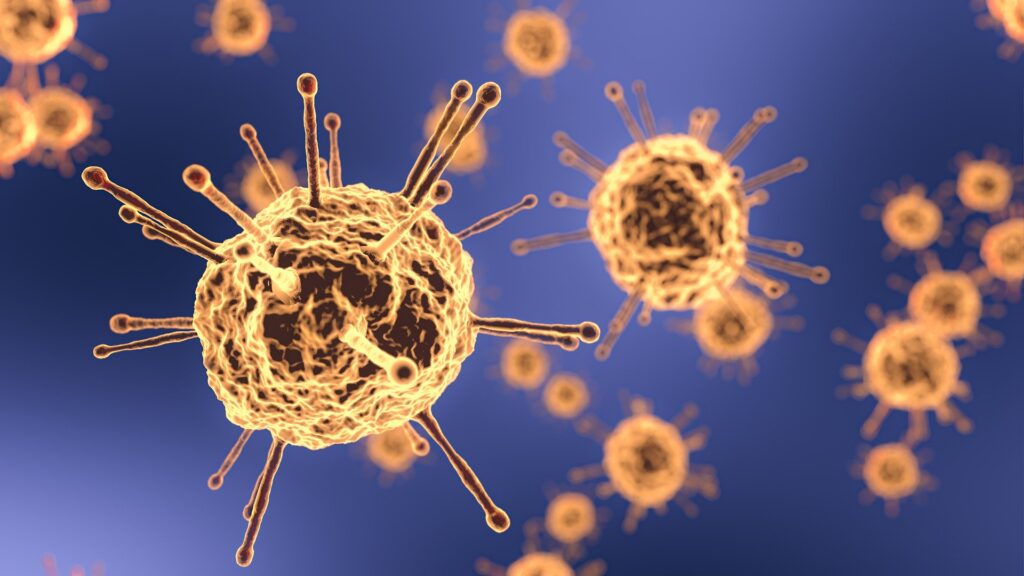
Infectious diseases are an ever-evolving and changing field of medicine. Scientists and healthcare professionals may encounter common pathogens as well as rare and unknown pathogens. These rare infectious diseases can present special challenges in diagnosis and treatment. This article will provide detailed information about the diagnosis and management of rare infectious diseases.
Diagnosis of Rare Infectious Diseases
1. Diagnosis of Genetic and Unknown Diseases
Many rare infectious diseases are based on genetic factors and can lead to rare syndromes. Genetic tests, analysis of tissue samples and evaluation of family history are important in the diagnosis of such diseases. Additionally, molecular techniques and advanced imaging methods can be used in the diagnosis of infections of unknown cause.
2. High Risk Groups and Monitoring Symptoms
Some rare pathogens occur more frequently in certain risk groups. For example, people with weakened immune systems are more susceptible to rare fungal infections. Therefore, symptoms of individuals at high risk should be monitored regularly.
3. Use of Biomarkers
The use of biomarkers is important in the diagnosis of infectious diseases. This may include specific tests such as antibody or DNA detection against rare pathogens.
Treatment and Management
1. Antimicrobial Treatment
Treatment of rare pathogens may be possible with antimicrobial drugs directed at the specific pathogen. These drugs may be rare drugs that are effective against rare pathogens. Therefore, appropriate treatment should be initiated quickly when rare infections are diagnosed.
2. Supportive Treatment
Patients with rare infections often experience severe symptoms. Therefore, supportive treatment is important. Fluid therapy, respiratory support, and other supportive measures may increase the patient’s chance of survival.
3. Surgical Interventions
Some rare infectious diseases may require surgical intervention. For example, cysts caused by a rare parasitic infection must be surgically removed.
Diagnosis and Management of Rare Pathogens
Rare infectious diseases include complex conditions that require special attention in diagnosis and treatment. Genetic testing, biomarkers, and specific treatments can facilitate the diagnosis and management of rare pathogens. Moreover, a multidisciplinary approach and collaboration of specialists are critical in the care of such patients. It should not be forgotten that rapid diagnosis and effective treatment are important for these diseases. It can improve patients’ quality of life and increase their chances of survival.
This article provides an overview of the diagnosis and treatment of rare infectious diseases. Each rare infection has specific characteristics and treatment options. And it is a topic for which a healthcare professional should review the relevant literature.